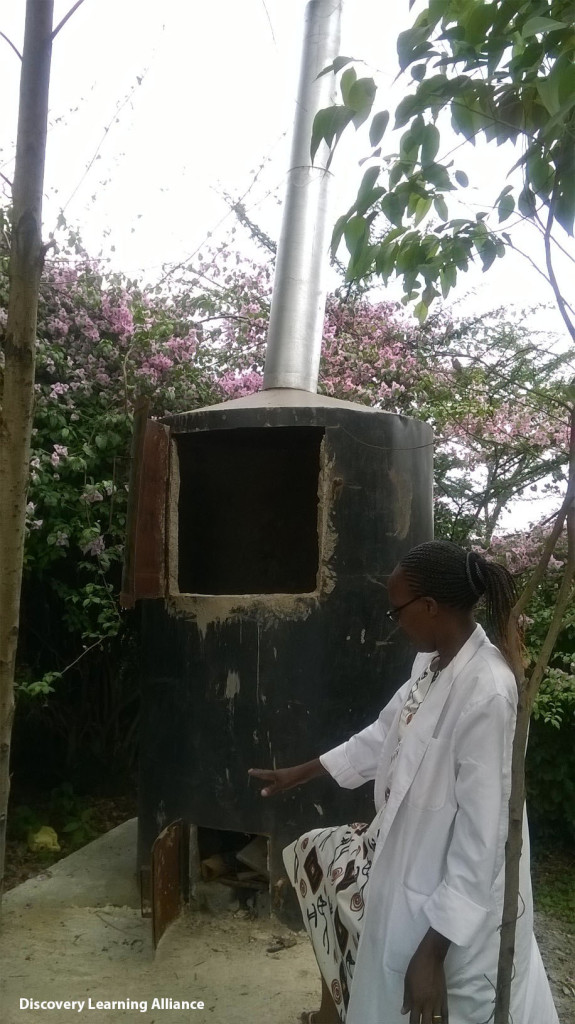
Despite Conflict, Stability: The Power of Youth to Advance Education
This blog was originally posted on the Global Business Coalition for Education website on June 16, 2016; you can read that post here.
By Discovery Learning Alliance
On this Day of the African Child, we mark not only the devastating impacts of conflict and crisis on children, but also the immense power that youth possess to change their circumstances for the better.
Across Africa, youth and their communities are working together to ensure that high-quality education is accessible to all children. Partnerships such as that among the U.K. Department for International Development (DFID), Discovery Communications, and Discovery Learning Alliance (DLA) are supporting and celebrating the power of youth, their communities and governments to increase quality education opportunities, particularly for girls and those who may be marginalized. Through Discovery Learning Alliance’s teacher training and community engagement model, school-based interventions harness the power of media to support local solutions that increase student retention, enrollment, attendance and learning, and critically – student motivation. Girls and boys in DLA partner schools become excited about learning, and continue to go to school and thrive.
Focusing in some of the most marginalized areas of Kenya, Ghana, and Nigeria, DLA empowers communities to identify and address barriers to education. Youth are essential contributors to identifying the challenges and developing local solutions.
For example, in March, a local state board of education hosted an exhibition showcasing the work of local girls’ associations. The government-hosted event highlighted the ways in which DLA’s programs have supported the government, schools and communities in improving the quality of teaching, while simultaneously furthering community support for education for all. The exhibition invited project schools to demonstrate how newly formed associations for in- and out-of-school girls are increasing girls’ life skills, future ambitions, and motivation to learn.
 Girls sell soap to build an incinerator for sanitary towel disposal.
Girls sell soap to build an incinerator for sanitary towel disposal.
At the exhibition, girls’ associations showcased their income-generating projects, such as making and selling products like soap, jewelry and embroidery to raise funds for their associations and the schools. Others focused on mentorship, counseling and studying. Still others expressed themselves through poetry readings and writing. One girls’ association member shared how she noticed that many girls in her community hawked goods to help support their families, preventing them from enrolling in or continuing to attend school. She shared the skills she learned through her girls’ association and trained the out-of-school girls to make creams and balms to sell instead of street hawking. As a result of her work, 47 girls returned to school. To date, the Discovery Project has spawned new associations and girls’ clubs in hundreds of schools across our project countries, far surpassing expectations.
At another school, girls identified access to sanitary pads as a barrier to their education, and found a local partner willing to donate sanitary products. However, they needed a means to dispose of them. The girls made and sold soap to raise enough money for an incinerator to dispose of the sanitary pads, which a neighboring school and health center also use for waste disposal. The girls still have money left over to fund a girls’ scholarship program.
Discovery Learning Alliance continues to look to youth and their schools and communities to learn how best to partner with them to create a brighter future for all children through education.